It's crazy to think of some of the stuff we used to care about
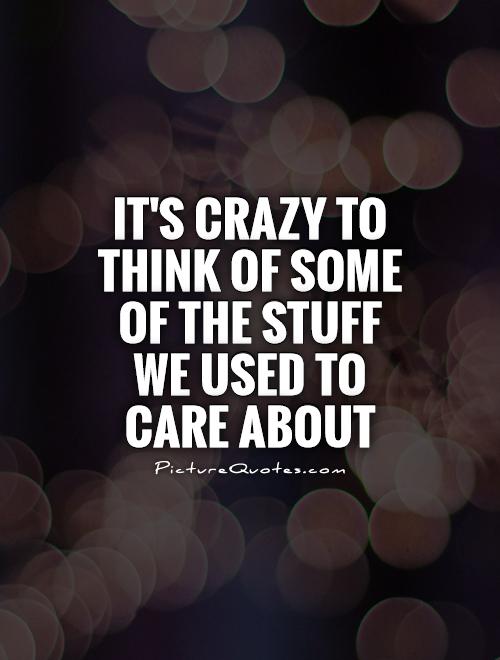
It's crazy to think of some of the stuff we used to care about
It's crazy to think of some of the stuff we used to care about when it comes to crazy words. In the past, people were often concerned with using proper grammar and vocabulary in order to appear intelligent and well-educated. However, as language evolves and changes over time, what was once considered correct or proper may now be seen as outdated or even nonsensical.One example of this is the use of archaic or obscure words that were once commonly used but have since fallen out of favor. Words like "gadzooks" or "gobbledygook" may have been popular in the past, but are now rarely heard in everyday conversation. Similarly, phrases like "by Jove" or "forsooth" may have been considered sophisticated or refined at one time, but now sound comical or pretentious.
Another aspect of crazy words that people used to care about is the idea of linguistic purity or correctness. In the past, there was a strong emphasis on following strict rules of grammar and syntax in order to communicate effectively. However, as language has become more fluid and dynamic, these rules have become less rigid and more open to interpretation.
For example, the use of slang or informal language was once considered improper or unprofessional, but is now widely accepted in many contexts. Words like "cool" or "awesome" may have been seen as inappropriate in formal writing or speech, but are now commonly used in everyday conversation.
Overall, it's important to remember that language is constantly evolving and changing. What may have been considered crazy or unconventional in the past may now be seen as perfectly normal or even innovative. As we continue to adapt to new ways of communicating, it's essential to embrace the diversity and creativity of language, rather than clinging to outdated notions of correctness or propriety.


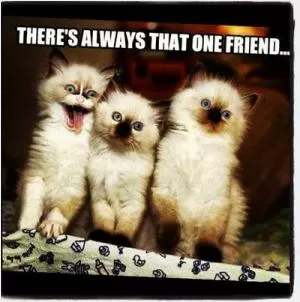
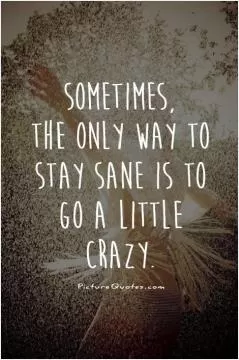
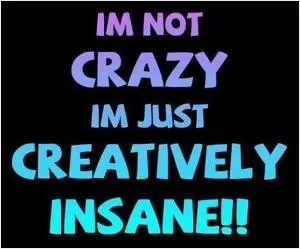

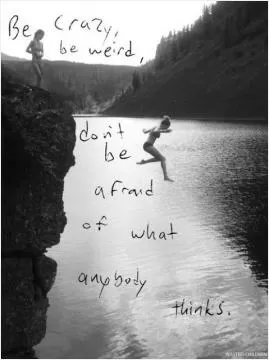
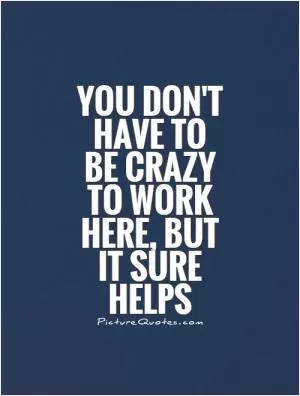

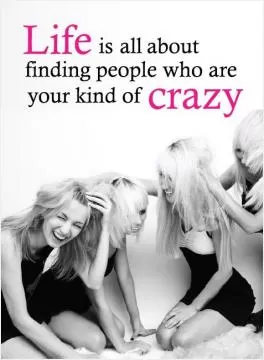
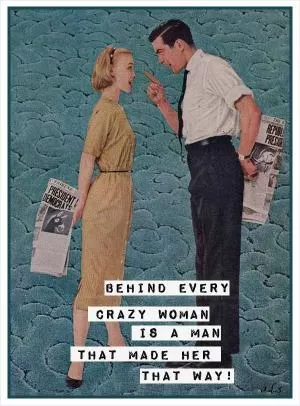
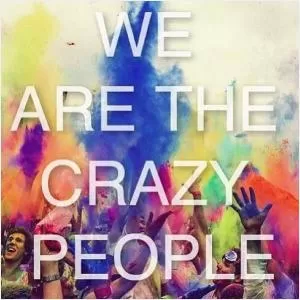
 Friendship Quotes
Friendship Quotes Love Quotes
Love Quotes Life Quotes
Life Quotes Funny Quotes
Funny Quotes Motivational Quotes
Motivational Quotes Inspirational Quotes
Inspirational Quotes